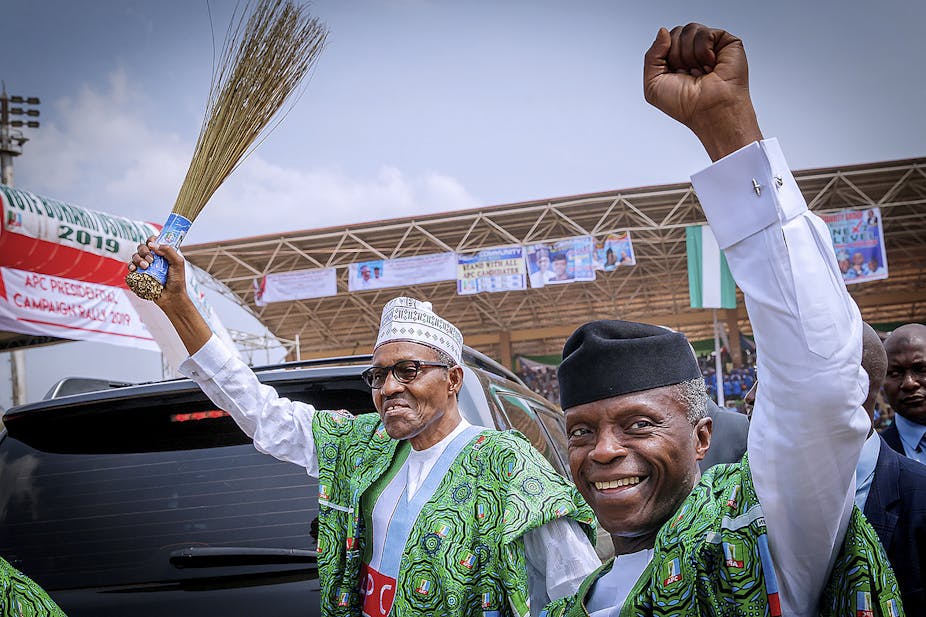The “big” African election of 2019 will be in South Africa in May. There, the key question will be, not whether the ANC wins, but whether it will win with a significantly reduced share of the vote. If it achieves as little as a 52% victory, this will be seen as a disastrous loss of support. The follow-on question will then be whether the Democratic Alliance (DA) or the Economic Freedom Fighters (EFF) becomes the largest opposition party.
Could the DA and EFF become a coalition opposition? Would the ANC reach out to EFF president, Julius Malema, to bring his party back into the ANC fold? Could the ANC even offer him a route to the vice presidency?
Such horse trading would point to a paralysis in South African politics, as no party actually has concrete plans for reinvigorating the economy. All the big three parties trade in sound bites, but the political imagination, not to mention the economic imagination, of the country is sterile.
The three big elections already held in late 2018 and early 2019 are not great indicators of political and economic imagination either. Certainly not honest political imagination in the case of Democratic Republic of Congo.
The December 30 elections there saw one of the opposition leaders, Felix Tshisekedi, controversially win over rival opposition leader, Martin Fayulu. The Catholic Church, which fielded 40,000 observers, disagreed with this result.
Many felt Fayulu had won, but that the result was rigged in favour of Tshisekedi because he was more able to work with the corrupt interests of the cabal that surrounded outgoing president, Joseph Kabila. In a vast country, notorious for its corruption and lack of effective public administration, this view has gained huge credence. No one thought that democracy had been served; instead, it appears to have been used to ensure a working alliance of a corrupt elite.

In Senegal, the incumbent president, Macky Sall, achieved a second term – but his decisive February victory was made possible at least in part because key rivals were debarred from running because of corruption charges in the past. There was effectively no real contest. Even so, Macky could point to a number of huge and glamorous infrastructure projects – some built with Chinese cooperation – that have certainly given the impression of dynamism and progress, but with little direct benefit to the poor. At least he had something to show for his term in office. Less could be said for the Nigerian President.
In Nigeria
In the February 23 Nigerian elections, president Muhammadu Buhari defeated Atiku Abubakar by 55.6% to 41.2%. Neither man had conspicuous track records of success in previous high office. And the president has become notorious for indecisiveness and sickliness. Both men are in their 70s.
The elections also resulted in very poor showings for the younger, highly technocratic and internationally experienced candidates like former deputy governor of the Central Bank of Nigeria, Kingsley Moghalu, and former World Bank vice president, Oby Ezekwesili – the only woman in the pack of candidates.
There were also allegations and recorded instances of electoral malpractice and bribery, suggesting a process that was seriously flawed in many parts of Nigeria. The election probably was not flawed enough to alter the overall result, but there were many distortions in terms of local outcomes with very small numbers voting in certain areas and surprisingly high numbers in others.
It is unlikely the South African elections will be fraudulent. But in the two richest sub-Saharan countries, Nigeria and South Africa, the old guards will likely maintain power for years to come. New imagination – technocratic imagination – will remain a scarce commodity.
Decline, rather than democracy, will likely remain the buzzword. And if these two heavyweight countries can’t punch their weight, the rest of Africa will be seen in the light of their failures.

